The Idea of Russia
Dmitry Likhachev (1906-1999) was one of the most prominent Russian intellectuals of the twentieth century. His life spanned virtually the entire century - a tumultuous period which saw Russia move from Tsarist rule under Nicholas II via the Russian Revolution and Civil War into seven decades of communism followed by Gorbachev's Perestroika and the rise of Putin. In 1928, shortly after completing his university education, Likhachev was arrested, charged with counter-revolutionary ideas and imprisoned in the Gulag, where he spent the neReturniin academia, specialising in Old Russian literature, Likhachev played a crucicultural life of twentieth-century Russia, campaigning for the protection of important cultural sites and historic monuments. He also founded museums dedicated to great Russian writers including Dostoevsky, Pushkin and Pasternak. In this, the first biography of Likhachev to appear in English, Vladislav Zubok provides a thoroughly-researched account of one of Russia's most extraordinary and influential public figures.
{{comment.content}}
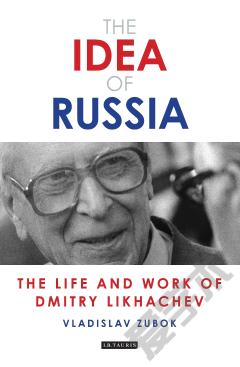
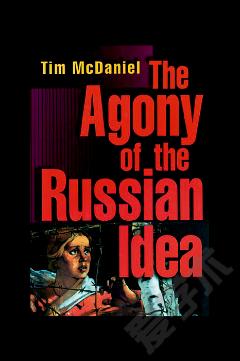
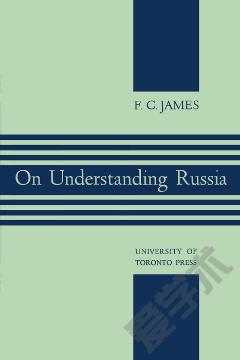
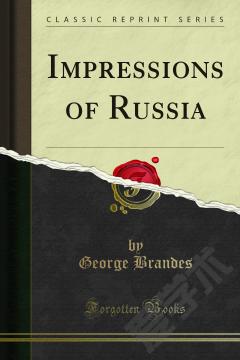

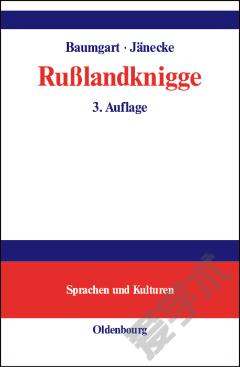


 京公网安备 11010802027623号
京公网安备 11010802027623号